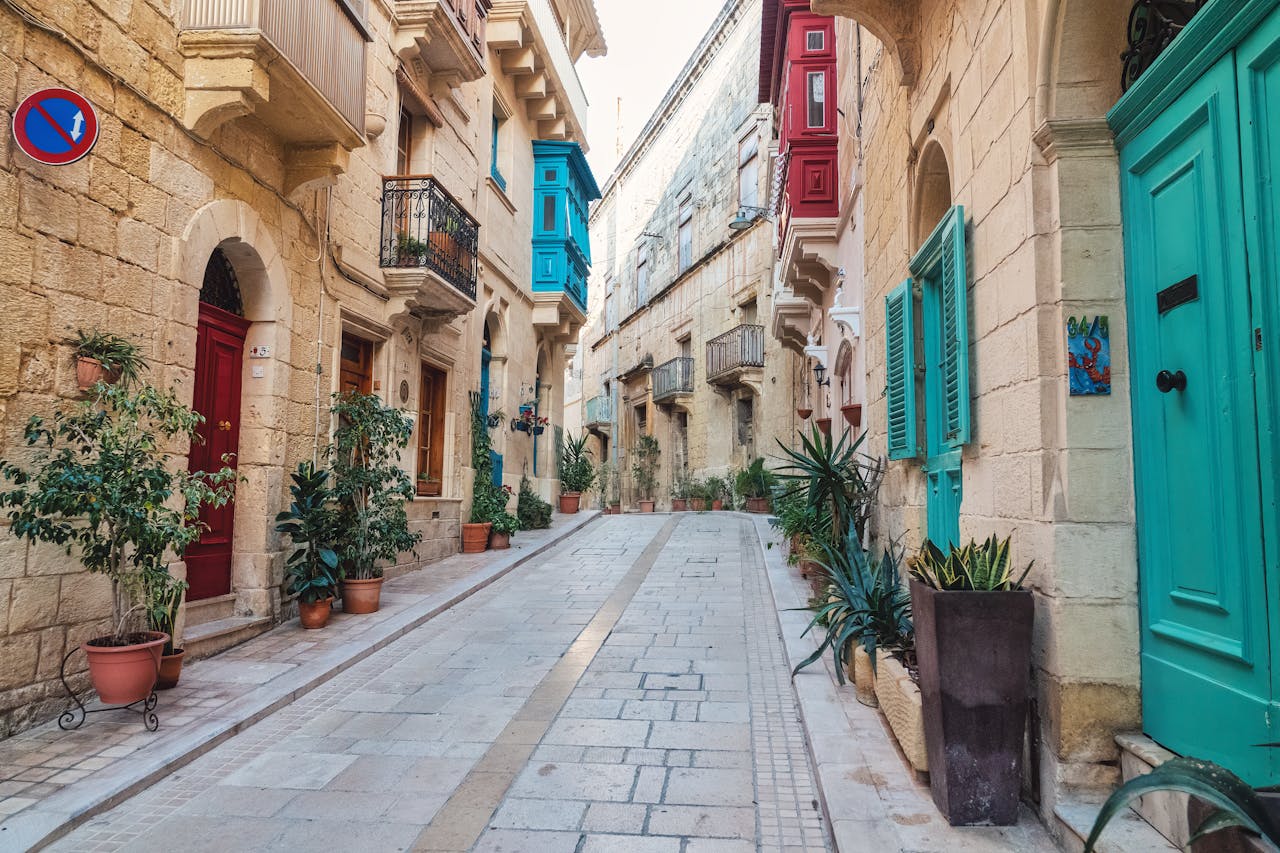The adequacy of future pensions across Europe remains a pressing issue, particularly as women continue to receive significantly lower pensions than men and wide disparities persist across countries. But where does Malta stand in this picture?
According to the OECD’s Pensions at a Glance 2023 report, pensions are the main source of income for older people in Europe, making up over 70 per cent of older adults’ total equivalised gross household income in many European countries, and surpassing 80 per cent in some cases.
Latest figures from Eurostat reveal that in 2022, the average old-age pension expenditure per beneficiary in Malta stood at €10,613 annually – well below the EU average of €16,138. This places Malta significantly behind larger economies like Italy (€19,589), France (€18,855), Spain (€18,100), and Germany (€17,926), and far below top performers like Luxembourg (€31,385) and the Nordic countries, where Norway and Denmark each surpassed €30,000 annually.
On the lower end of the scale within the EU, Bulgaria recorded just €3,611 per year. Among EU candidate countries, Albania ranked the lowest at €1,648, followed by Turkey (€2,942) and Bosnia and Herzegovina (€3,041).
However, when adjusting for purchasing power standards (PPS) – which account for differences in living costs across countries – the pension gap narrows. Malta’s average old-age pension in PPS was 11,412, compared to the EU average of 16,138 PPS. The highest PPS pension expenditure was recorded in Austria at 21,162 PPS, while Slovakia sat at the bottom among EU countries with 5,978 PPS.
Interestingly, Turkey performed better in PPS terms, recording 8,128 PPS and ranking above several EU countries. Albania remained the lowest at 3,019 PPS.
Overall, the data highlights that while Malta’s pension expenditure per beneficiary is higher than several EU candidate countries, it still lags behind most EU member states, particularly when considering the EU’s largest and wealthiest economies.
Malta wins top international tourism award in Italy
Recent initiatives aimed at diversifying tourism flows and strengthening off-peak demand
Welbee’s doubles down on Christmas cheer with ambitious plans for 2026
Head of Marketing Miguel Borg outlines how Welbee’s is closing the year with momentum and what's in store for 2026
New Msida flyover comes with triple-layered barriers
It also includes a barrier between the two lanes that can be dismantled in case of an emergency






